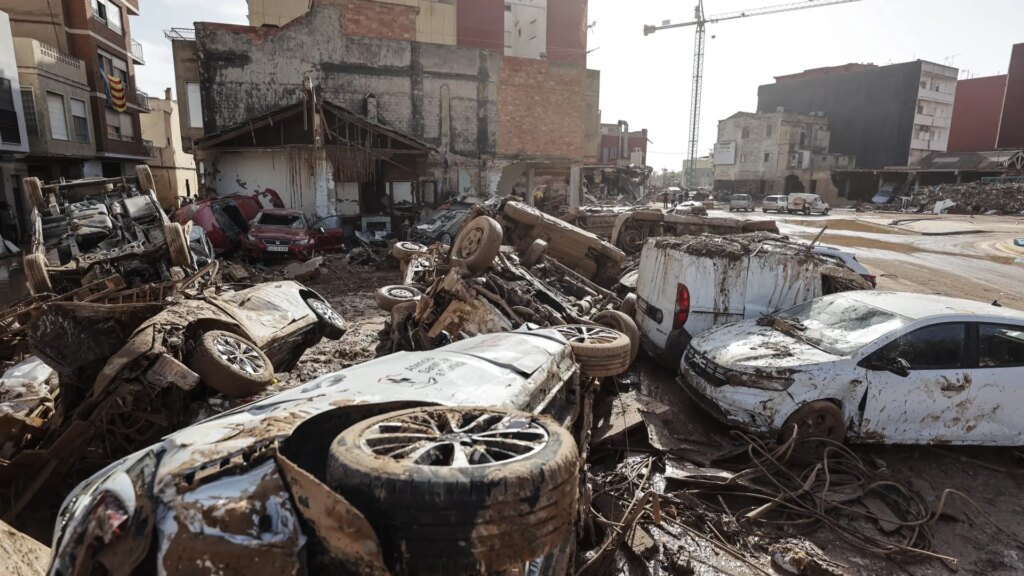
The President of the Government, Pedro Sánchezannounced this Saturday in an institutional declaration from Moncloa that the places most affected by Tuesday’s hurricane are going to be declared in the next Council of Ministers like severely affected area.
But what does this mean? The declaration of a severely affected area is the name given to the area by catastrophe zones’ used to be called, which used to be given to places especially affected by a natural disaster of great magnitude. This declaration corresponds to the central government, and its conditions and implications are set out in Chapter V of Law 17/2015 of the National Civil Protection System.
Can the autonomous communities request it?
The regulation specifies that “such declaration may be requested by public administrations interested”. “In these cases -says the law-, and prior to its declaration, the Government may request a report from the affected autonomous community or communities”.
In order for the declaration to go ahead, it must be proved that “personal or material damage has occurred as a result of an incident that seriously disrupts living conditions of the population in a given geographical area or when the paralysis of all or some of the essential public services occurs as a consequence of the same”. This is obviously the case of Valencia.
Applicable measures
The statement allows for the following to be taken various measuressuch as:
- Financial aid to individuals for damage to primary residence and basic necessities.
- Compensation to Local Corporations for expenses arising from unpostponable actions.
- Aid to natural or legal persons who have carried out the personal or goods provision.
- Aids destined to industrial establishmentsindustrial, commercial and service establishments.
- Subsidies for damages in municipal infrastructuresprovincial and insular road network.
- Aid for damage to agricultural production, livestock, forestry and marine aquaculture.
- Opening of loan lines subsidized by the Instituto de Crédito Oficial (Official Credit Institute).
Fiscal measures
Fiscal measures may also be granted, such as the exemption from the Real Estate Tax (IBI) quota. “corresponding to the financial year in which the emergency affecting dwellings, industrial, tourist and mercantile establishments, agricultural, livestock and forestry exploitations, work premises and similar, when they have been damaged”.
Likewise, there are reductions in the Tax on Economic Activities (IAE). for “industries of any nature, mercantile, tourist and professional establishments, whose business premises or goods related to such activity have been damaged”, and other aid such as reductions in the Traffic tax for processing the cancellation of affected cars (a particularly abundant case in this DANA).
Labor measures
The law also contemplates labor measures such as those arising from “terminations or suspensions of employment contracts or temporary reductions of the working day that have their direct cause in the emergency”.
Thus, for example, “the General Treasury of the Social Security may exonerate the employer of the payment of Social Security contributions and for concepts of joint collection while the suspension period lasts” and for the worker, the SEPE can consider that the unemployment “is not computed for the purposes of consuming the maximum periods of perception established”.
Also, companies and workers will be able to obtain “a moratorium of up to one year without interest in the payment of Social Security contributions”, as stated in the law.
Where to apply for aid and within what period
To request these aids or exemptions, “applications shall be submitted, using the standardized models determined by the Ministry of the Interior, at the Delegation or Subdelegation of the Government (…) within one month, counted from the day following the date of termination of such events”, although this term may vary depending on the seriousness of the event.
The rule specifies that “the applications must be accompanied by the documents which, likewise, shall be determined by regulation by the Ministry of the Interior, for each type of aid and beneficiary”.
